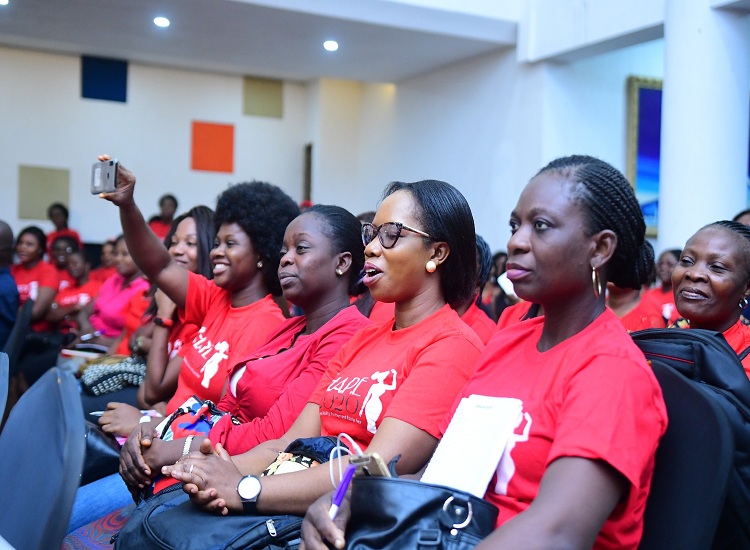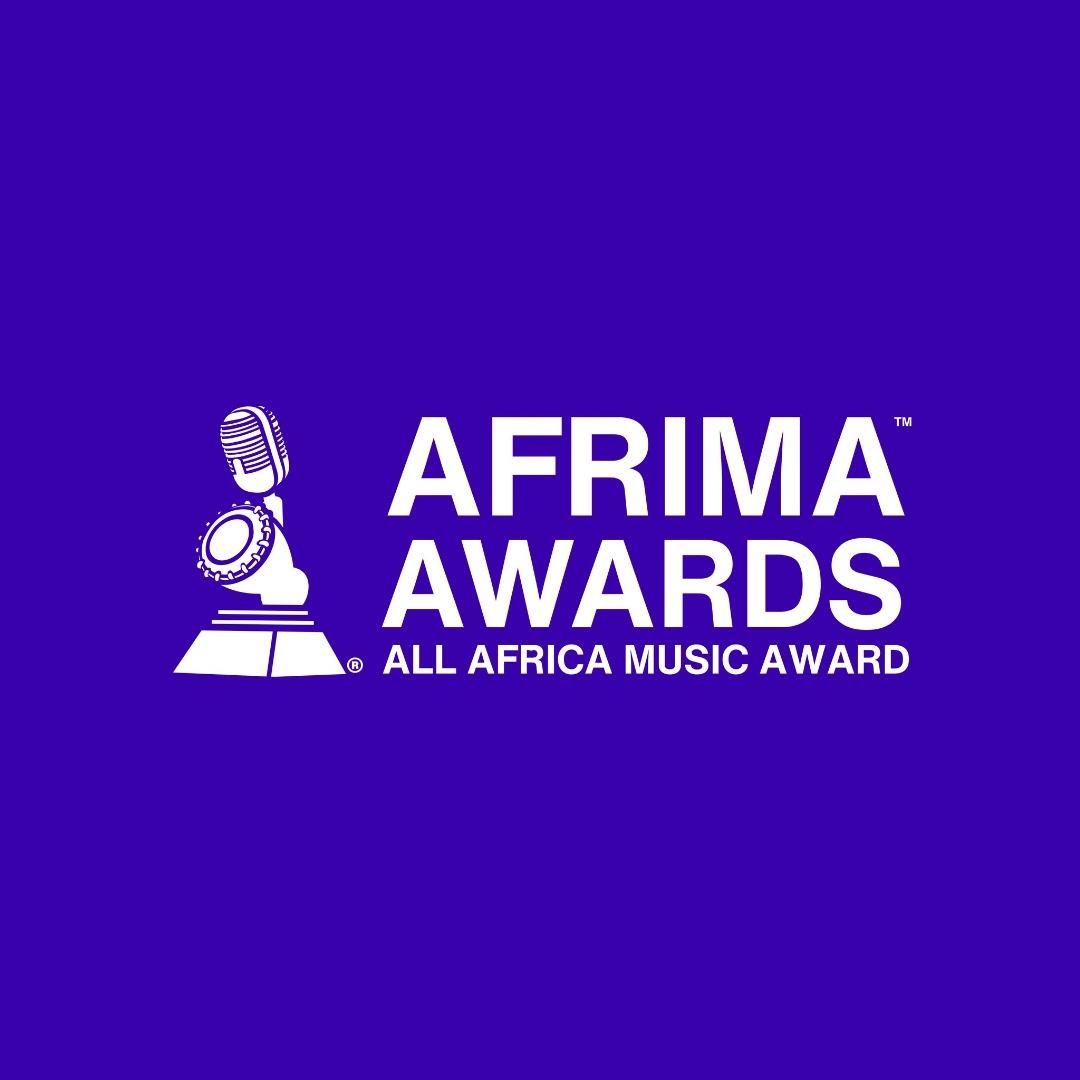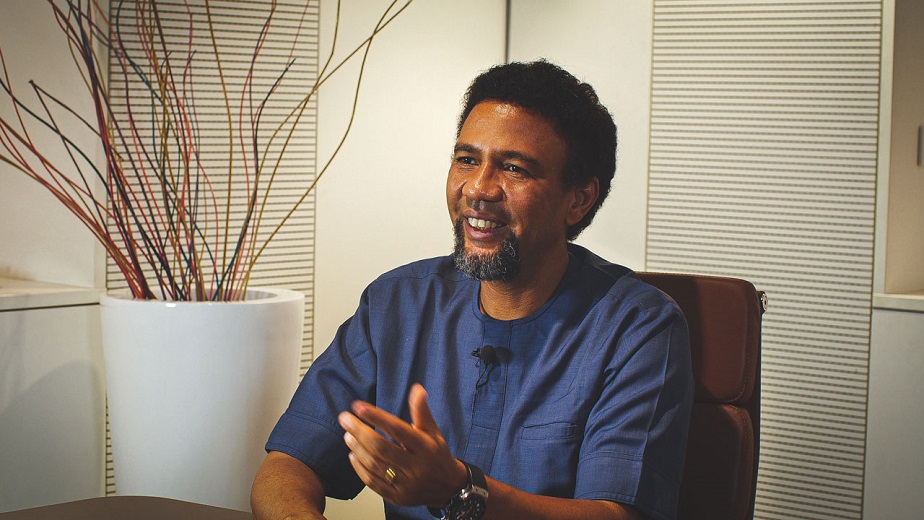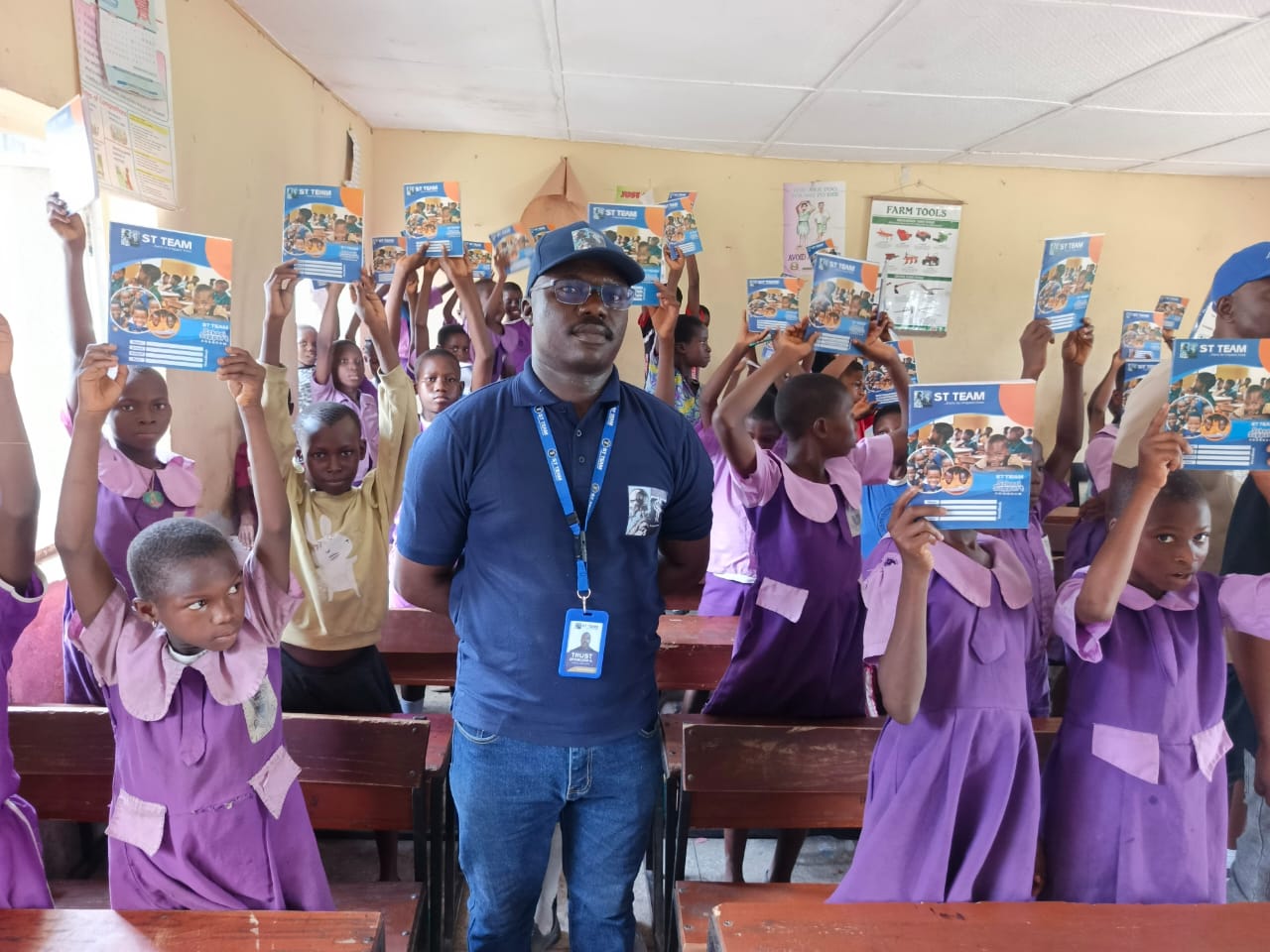Broadcasting
Coca-cola Empowers Over 2 Million Women Entrepreneurs Across Africa through 5by20 Initiative

The Coca-Cola Company and its partners are proud to celebrate exceeding our 5by20 goal by enabling the economic empowerment of more than 6 million women around the world. 34% (just over 2 million) of those women enabled by the 5by20 program live and do business in Africa.

This 5by20 iniative is aimed to assist women entrepreneurs across the Coca-Cola value chain – agricultural producers, suppliers, distributors, retailers, recyclers, and artisans – overcome challenges when establishing and growing their business.
By providing access to business skills, financial services, assets and support networks of peers and mentors, women entrepreneurs are enabled to overcome social and economic barriers and succeed as entrepreneurs, while also helping create sustainable communities.
The Coca-Cola Company executed 5by20, a global initiative implemented across 33 countries in Africa, where we rolled out locally relevant initiatives.
The 5by20 goal was ambitious, and we knew that we could not achieve it alone. Over the last 10 years, we have worked with countless partners including our bottling partners, civil society organizations, government stakeholders, other private sector actors, and generous financial grants from The Coca-Cola Foundation to recipients within its Women’s Entrepreneur Empowerment priority giving tier.
The Coca-Cola Foundation has funded some of our 5by20 initiatives, and the Coca-Cola system has worked with several partners to implement over 300 programs in 100 countries to provide women entrepreneurs with business skills training, mentoring networks, financial services and other assets to help enhance their businesses and lives as well as provide more for their families.
Women empowerment and progress against all the Sustainable Development Goals requires the collective effort of governments, civil society, NGOs, and private sector organizations. Over the last 10 years, we have worked with countless partners who helped us bring our aspiration to life. Partnerships with organizations such as UN Women, Inter-American Development Bank (IDB), Women Enterprise Fund (WEF), Department for International Development (DFID), USAID, International Finance Corporation (IFC) MercyCorps, TechnoServe, Bill & Melinda Gates Foundation, Hand in Hand Southern Africa, and several other regional and local partners were critical to the success of the 5by20 program. These partnerships are a demonstration that through collective action we achieve more together than we can on our own.
In 2012, The Coca-Cola Company signed a global agreement with UN Women to enable the economic empowerment of women entrepreneurs in three pilot countries, which included South Africa. At the end of the four-year partnership in South Africa in December 2016, over 25,000 women micro-entrepreneurs had received business skills, leadership training, mentoring and peer networking skills, and access to finance.
According to a report by Harvard Kennedy School Corporate Social Responsibility Initiative, through this program the entrepreneurs increased their revenues by 40% on average and increased their confidence and leadership abilities within their communities.
In Kenya, a partnership with the Women Enterprise Fund (WEF) established in 2014 and rooted in a shared interest in creating a fair equitable environment to help women overcome barriers and build sustainable businesses, aimed to empower 1 million women through entrepreneurship training and access to capital investment. At the end of 2020, nearly 800,000 Kenyan women were empowered through the initiative.
In Nigeria, in partnership with the UK Department for International Development Girls Education, we launched the Educating Nigerian Girls in Nigeria Enterprise (ENGINE) value program, which aimed to strengthen the educational and economic opportunities of the Nigerian girl-child.
Nearly 21,000 young girls and women benefitted from this program and many more over the last 10 years. At the end of 2020, nearly 500,000 Nigerian women were empowered through the initiative.
“This International Women’s Day, we celebrate surpassing our goal to reach 5 million women, but we know that there is still work to be done,” says Patricia Obozuwa, Vice-President: Public Affairs, Communication, and Sustainability Coca-Cola Africa.
“Women entrepreneurs continue to face major hurdles hindering their successes, and we acknowledge that our work must therefore continue, particularly given the significant socio-economic disruption created by the pandemic in so many communities around the world.”
The Coca-Cola Company is a global organization, but a local business and deeply rooted in the local communities we proudly serve. We thrive as communities prosper and numerous studies from the United Nations and academic institutions have repeatedly proven that investment in women spurs economic growth and promotes sustainable development.
“By investing in women’s economic empowerment over the past decade, we have created shared value in hopes of a better shared future – enabling improved livelihoods for women, their families and their communities, while inclusively expanding our business,” says Obozuwa.
“We are proud about the ripple effects that these programs have had on the millions of lives we have touched and will continue to have over the years to come.”
As we look to the future, The Coca-Cola Company remains committed to its purpose to refresh the world and make a difference. Our efforts will be focused on supporting community resilience and as the impact of our continuing efforts multiplies with each passing year, we expect to reach many more women and underprivileged populations around the world.
Broadcasting
AFRIMA Collaborates with BridgeAfric and UNESCO for Lagos Global Music Workshop

Lagos is set to welcome top music business leaders, celebrities, business executives, and creative industry professionals from around the world as All Africa Music Awards, AFRIMA, partners with bridgeAfric, and UNESCO to host the Showbiz101 Global Workshop and Music Creation Camp.

The event, scheduled to take place from March 26th to 29th, 2025 aims to train young creatives, foster international collaborations, and further enhance the capabilities of creators and professionals along the value chain of music production and business.
Adenrele Niyi, Chief Experience Officer, (CXO), AFRIMA, said the partnership with bridgeAfric on the event underlined the AFRIMA institution’s commitment to empowering Africa’s creative industry.
“As AFRIMA, part of our mission is building capacity and fostering cross-border collaborations by empowering Africa’s creative industry and by providing platforms for artists to collaborate, grow, and break boundaries. Partnering with bridgeAfric for the Showbiz101 Global Workshop & Music Creation Camp is a no-brainer. This initiative is about more than just music; it’s about equipping young creatives with the tools, knowledge, and global connections they need to thrive in the industry,” Niyi said.
The AFRIMA CXO added that the event aligns with AFRIMA’s seven pillars, which include the Music Awards, Music Festivals, AFRIMA Creative Academy, Talent Discovery and Promotions, Music Business Hub, Advocacy, and Advisory & Policy Debates. “Our goal is to reinforce Africa’s position as a moving powerhouse on the global music scene—one hit, one artist, one opportunity at a time and we are excited to be at the fore front of driving this initiative,” she concluded.
According to Victoria Nkong, President of bridgeAfric who is also an Associate Producer for AFRIMA, the workshop aims to support the future of Africa’s creative industry by focusing on key areas including the need to educate and train young talents, saying, “We believe learning is essential to solving problems in the entertainment industry. This workshop will equip young people with the skills and knowledge they need to succeed.”
She said the event will feature performances, training sessions, and recording opportunities for artists.
Nkong added that the five-day event will bring top musicians together for a three-day global music camp, where they will create songs as a team. “By the end of the camp, we will have a global EP featuring top African stars from different countries,” she said.
“Another goal of the workshop is to help artists reach new audiences by connecting them with international music executives. This will open doors for them to promote their music in different parts of the world.”
Some of the top artists who have confirmed their participation in the conference and recording camp are Juma Jux from Tanzania, Nadia Nakai from South Africa and DJ Neptune from Nigeria. Ivory Coast will be well represented by global music superstars like the AFRIMA Award winner Didi B, Himra, Suspect 95, Kikimoteleba, Goulam, and Gabin Bao.
Other notable participants include Bizzle Osikoya, Co-founder of The Plug Entertainment, and Sesan Adeniji, General Manager of Vybz FM.
From Algeria, DJ MohGreen will bring his expertise, while Eric Bellamy from Live Nation Paris, France will contribute his knowledge of the global music industry. Sonia Aimy from Canada and Wendy Harawa from Malawi are also expected.
In addition to the workshop and music camp, Nkong said a welcome Industry party is scheduled for Wednesday to officially receive the participants.
She added that registration is free for music producers, songwriters, and artists who want to learn, network, and advance their music careers.
Broadcasting
We’re Confident in the Super Eagles – Karl Toriola

MTN Nigeria, the official telecommunications partner of the Nigerian Football Federation (NFF), has reiterated its unwavering support for the Super Eagles following their spirited draw with Zimbabwe in the World Cup qualifier match at the Godswill Akpabio Stadium in Uyo, Akwa Ibom.

Building on the momentum from their recent victory against Rwanda, MTN Nigeria had expressed strong backing for the national team ahead of the crucial fixture.
Tobe Okigbo, MTN Nigeria’s Chief Corporate Services & Sustainability Officer, stated before the game, “We are confident in the team’s ability to make Nigeria proud and qualify for the World Cup.”
Despite the draw, MTN Nigeria’s CEO, Karl Toriola, maintained a positive outlook. “While tonight’s outcome wasn’t what we hoped for, we remain steadfast in our support for the Super Eagles.
“This result is just part of the journey towards World Cup qualification, and we believe in the team’s resilience and ability to succeed,” Toriola said.
The match showcased the Super Eagles’ grit and determination as they found their rhythm against the Zimbabwean side.
Nigeria scored the first goal, demonstrating their prowess and fighting spirit, although the match ultimately ended in a draw.
This result has added to the excitement of Nigeria’s path to the 2026 FIFA World Cup.
MTN Nigeria, which signed a deal with the NFF in 2021 as the Official Telecoms Partner, has been a constant pillar of support for Nigerian football for over two decades.
The company’s commitment extends from grassroots to national levels, investing significantly in the development of local football.
“Our support for the Super Eagles and all national teams is part of our long-standing tradition,” Toriola added.
“We are building a sustainable legacy of collaboration, growth, and development in the football space.
“Tonight’s result doesn’t change our belief in the team’s potential to make all Nigerians proud on the global stage. We believe in our Eagles.”
As the Super Eagles regroup and prepare for their next qualifier, MTN Nigeria has called on all Nigerians to rally behind the team.
The company emphasized that this is a crucial time for unity and continued support, expressing confidence that the Super Eagles will overcome this challenge and strive towards securing a spot in the 2026 FIFA World Cup.
Broadcasting
Service to Humanity Made Me Join Smart Treasure Team – Trust Otorudo

Trust Otorudo, Regional head of Smart Treasure, Lagos Operations, has said that among other reasons he found fulfilment in service to humanity, which aligns with one of the core attributes of Smart Treasure Investment, an investment platform. He noted that, this attribute fueled his passion and dedication for the platform, hence the reason he is committed to it.

By March 29, 2025, Otorudo will be one year with the ST platform and already he has touched many lives in philanthropic and charity works. This is aside all the financial and material benefits he said he has been able to achieve through his involvement with the ST project- with a great percentage of the amount committed to the ST charity course.
“Smart Treasure has made giving an easy habit for everyone who is a part of it, it comes natural to us,” Otorudo said.
“For nearly one year I have been with ST Team, it has been a very fulfilling relationship with different forms of activities. I have practically moved from being a needy to giving back to the society and this is as a result of my encounter with ST Team and I am forever grateful for that.
For Otorudo, the fact that the lives of people are being transformed for the better is enough motivation for him, and he expressed it this way: The ability to touch lives is my motivating factor- to give out to widows, the less privileged and those in need.
“At ST, we are not anti-government but partners in progress to help build an egalitarian society we can all be proud of, knowing that the government cannot do it alone.
“We cannot all be in position of power to affect lives but we can contribute to the growth of humanity through changing the lives of people, one person at a time. Which makes all the difference,” he averred.
Prior to his joining the Smart Treasure, Trust worked as a banker, contract staff for an insurance company, had a stint as a journalist and served as youth Corp member with the Nigerian Army, where he said the virtual of discipline, hardwork and service to humanity was instilled in him.
Presently, a VIP level 9 member, Otorudo advised those who were yet to register to the ST project to do so, if they are interested in changing their financial status.
He is presently on the list of Nigerians who will be visiting Dubai this July for an all-expenses paid trip, courtesy of ST Team. This is aside the numerous gifts he has been rewarded with, a car, an iphone and other high end gifts for his dedication and hard work.
Since 2023, Smart Treasure has involved itself with various charity works aimed at closing the gap between the rich and the poor in the society.
Among the ongoing projects are, ST Tech Academy, where members are being empowered with Information Technology skills; support to orphanages and schools for special children; and most recently, the salary subsidy initiative and an agricultural farm project aimed at feeding Nigerians from the proceed of agric farming.

 Broadcasting2 days ago
Broadcasting2 days agoNGO Blasts MultiChoice for Tariff Hike in Nigeria, Slash in South Africa

 E-Business2 days ago
E-Business2 days agoOtti, Abia State Gov Promises Internet Access for all Abia Communities in 9 Months

 News2 days ago
News2 days agoNIPOST Explains Clamping Down on Illegal Logistics Services in Enugu

 Telecom2 days ago
Telecom2 days agoTelcos Mull Introduction of Different Tariff Plans for Different States

 News2 days ago
News2 days agoNESREA Urges Nigerians to Dispose Batteries Properly to Avoid Hazards

 E-Financial2 days ago
E-Financial2 days agoCITN Seeks AI to Curb Revenue Leakage in Nigeria’s Tax System

 News2 days ago
News2 days agoTony Elumelu Foundation Grants $15m to 3,000 African Entrepreneurs

 E-Financial2 days ago
E-Financial2 days agoSEC Declares War on Capital Market Fraudsters





















